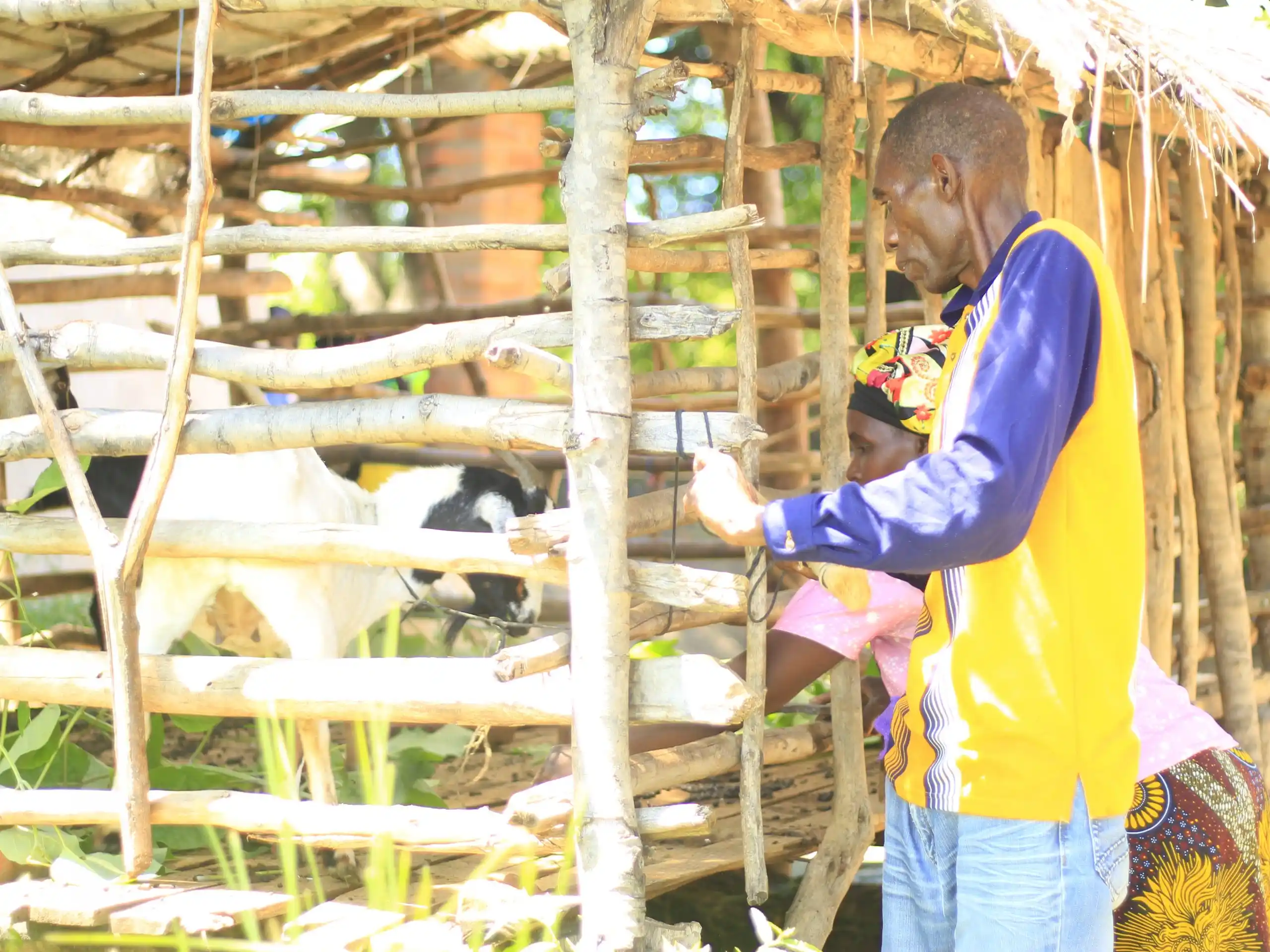
As clouds move unpredictably across Malawi’s skies, farmers like Martha Mphale from Mwimira village in Kasungu look at their fields with careful hope. The rainy seasons, which used to be reliable, are now irregular and uncertain, leaving her family close to hunger every year.

“Climate change has affected all of us here, we are not receiving enough rains, and this has greatly affected our yields she says.
Like many in rural Malawi, Martha has been battling two challenges: unpredictable weather and the high cost of fertilizer. But today, there’s a spark of hope in her garden, thanks to a local innovation and an ambitious program focused on building community resilience.
Under the Social Support for Resilient Livelihoods Project (SSRLP), COMSIP Cooperative Union Limited has rolled out the Legumes Enterprise Structured Program (LESP).

With support from the World Bank and the Social Protection Multi Donor Trust Fund, the programme is helping vulnerable farming households especially those on social cash transfer and public works programs achieve food security and build sustainable incomes.
This farming season alone, COMSIP has invested K2.6 billion kwacha, reaching over 27,000 households across 15 districts.
“The support is not a handout; farmers contribute 30% of the input costs and, in return, receive seeds, pesticides, protective equipment, and crucially, fertilizer,” said Christina Josiya, Kasungu District COMSIP Coordinator.

For farmers like Seliwini Mwale from Mitulo village in Kasungu and Charles Kachanda from Chilipura village in Nkhotakota, the high cost of traditional chemical fertilizers has been a major setback.
But now, both are embracing Mbeya fertilizer, a low-cost, organic blend made from locally available materials like animal manure offering them a more sustainable and affordable path to improved harvests.
“Mbeya fertilizer has really changed things for us, it enriches our soil naturally and cuts down on costs. We can now plant with confidence” says Mwale.
“Mbeya fertilizer is also better suited for soils weakened by years of overuse and changing rainfall patterns. It works hand in hand with permaculture practices COMSIP is promoting” says Kachanda.
As climate change increasingly threatens Malawi’s agricultural sector, farmers are turning to permaculture as a sustainable solution to combat environmental degradation. Unlike traditional farming practices that often deplete natural resources, permaculture aims to create agricultural systems that mimic the resilience and balance found in nature.
Misheck Katudza, Community Development Assistant for Nkhotakota District Council and COMSIP Desk Officer, explained that by promoting biodiversity and optimizing resource use, permaculture enables farmers to build long-term resilience against the unpredictable weather patterns caused by climate change.
“This approach ensures that the land remains fertile and productive, benefiting both current and future generations” said Katudza.

By linking smallholder farmers to value chains, providing access to affordable inputs, and encouraging sustainable farming practices, the programme is not only helping households survive, it’s helping them thrive according to Chimango Phiri, COMSIP district coordinator.
Back in Kasungu, Martha is already seeing the first green shoots of this transformation.
“Now, with the Mbeya fertilizer and support from COMSIP, my maize is growing better even though the rains are not good, maybe this year, my children will not go hungry, ” she says.
In the face of escalating climate change, adopting sustainable farming technologies like permaculture is no longer just an option but a necessity for Malawi’s agricultural survival. By shifting away from traditional, resource depleting practices, permaculture empowers farmers to create resilient, eco-friendly farming systems that mimic nature’s balance, fostering biodiversity and optimizing resource use.






0 Comments